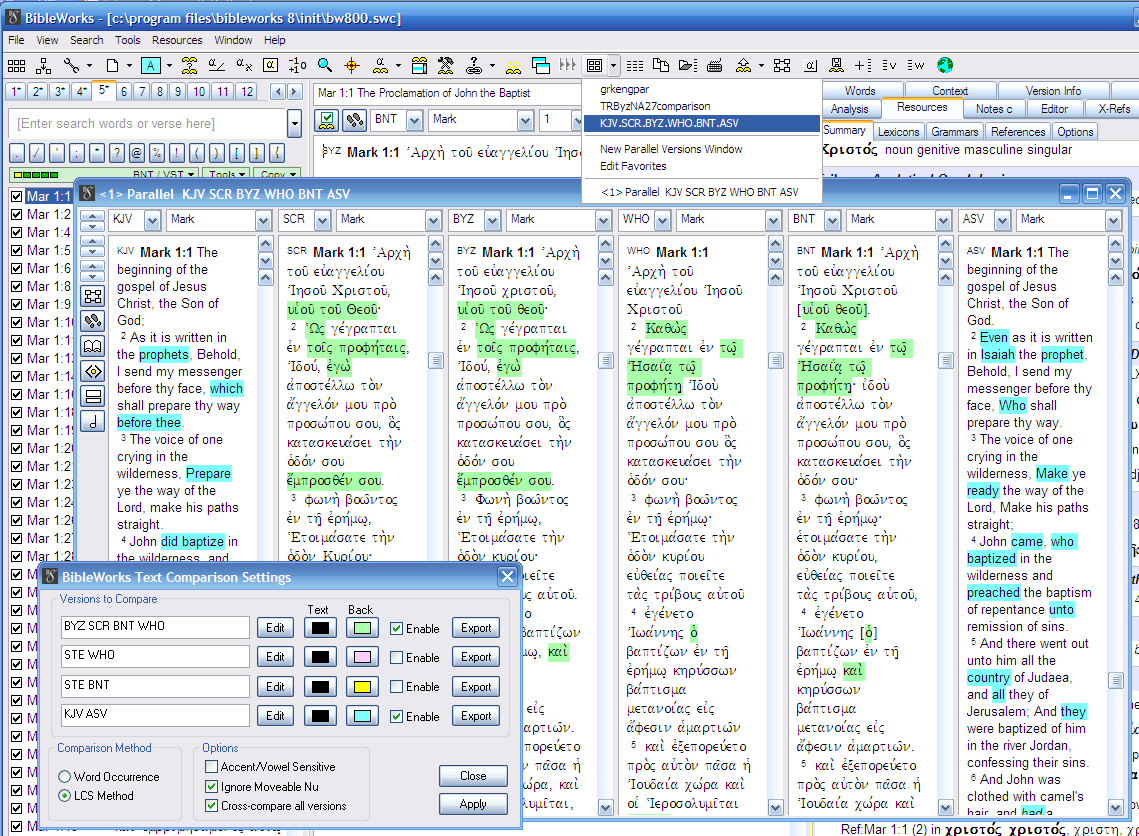 Another fascinating collection of old items to add to your bookmarked pages...
Another fascinating collection of old items to add to your bookmarked pages...
According to the official announcement:
UNESCO and 32 partner institutions today [2009.04.21] launched the World Digital Library, a Web site that features unique cultural materials from libraries and archives from around the world. The site includes manuscripts, maps, rare books, films, sound recordings, prints and photographs. It provides unrestricted public access, free of charge, to this material.
You'll want to look around a bit at the site, but I did find a number of interesting items. The full Codex Gigas is here. (Though I had previously noted its availability here also.) Here is the Book of Hours. I especially liked the collection of ancient maps of the middle East. Depicted below is a map of 1659 that is quite detailed and surprisingly accurate. Other maps are more of a curiosity, such as this map of 1585 which is remarkably inaccurate. (Nazareth and Cana are located quite a bit north of the Sea of Galilee among other strange locations.)
Other maps are more of a curiosity, such as this map of 1585 which is remarkably inaccurate. (Nazareth and Cana are located quite a bit north of the Sea of Galilee among other strange locations.) [HT to Stephen's Web who notes that for $10 million you would think they would be able process a bit more than 1170 items.]
[HT to Stephen's Web who notes that for $10 million you would think they would be able process a bit more than 1170 items.]













